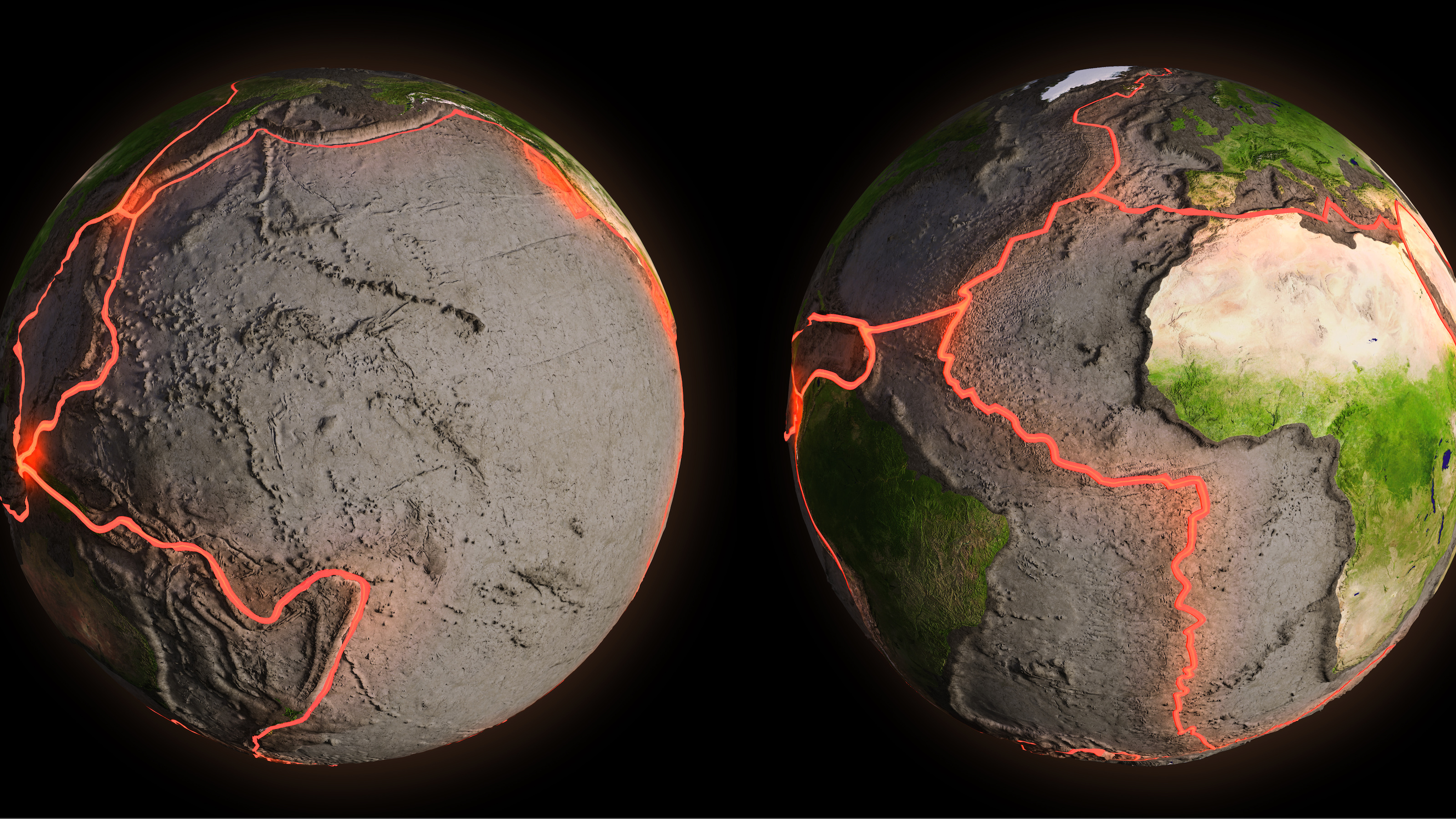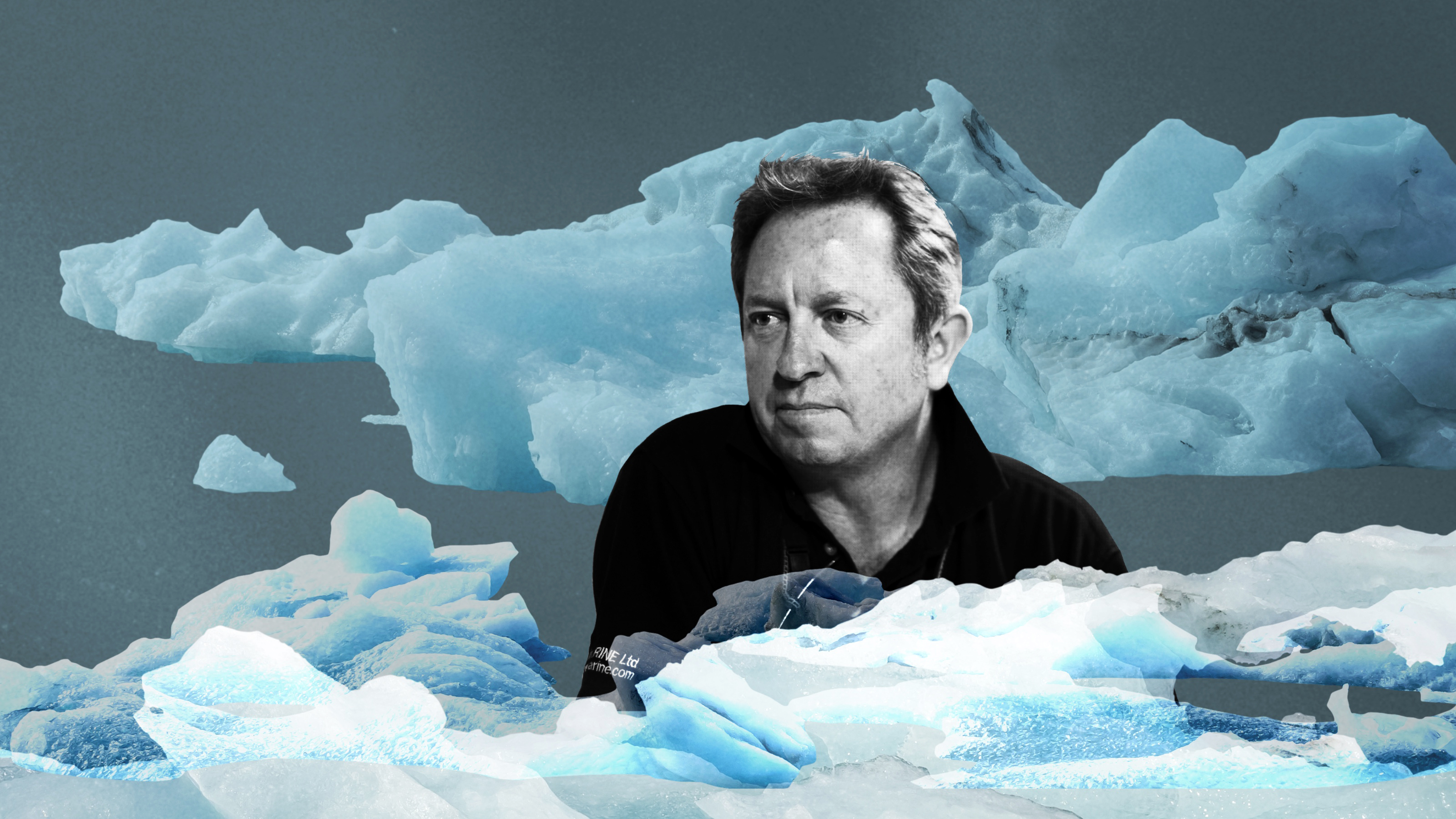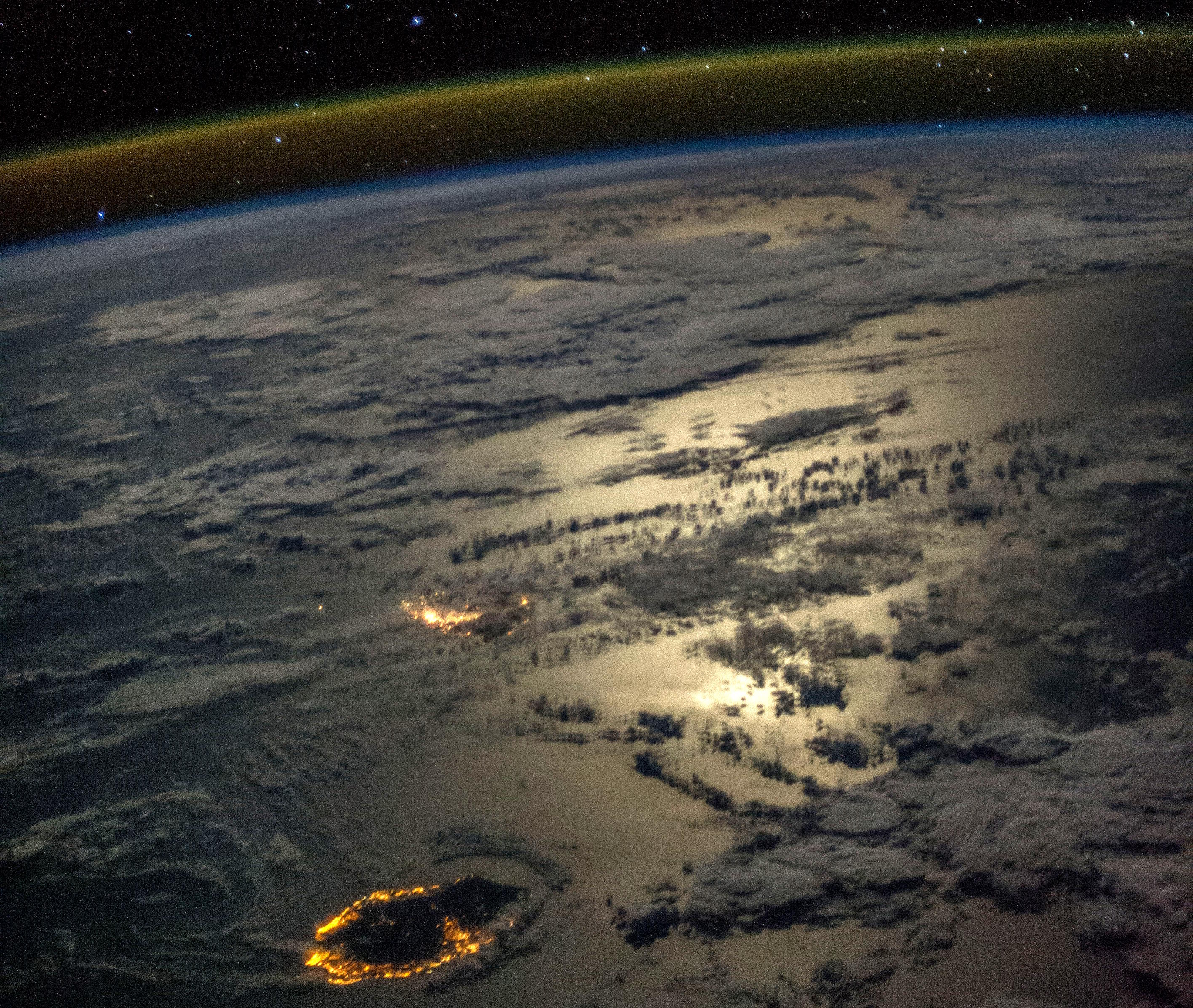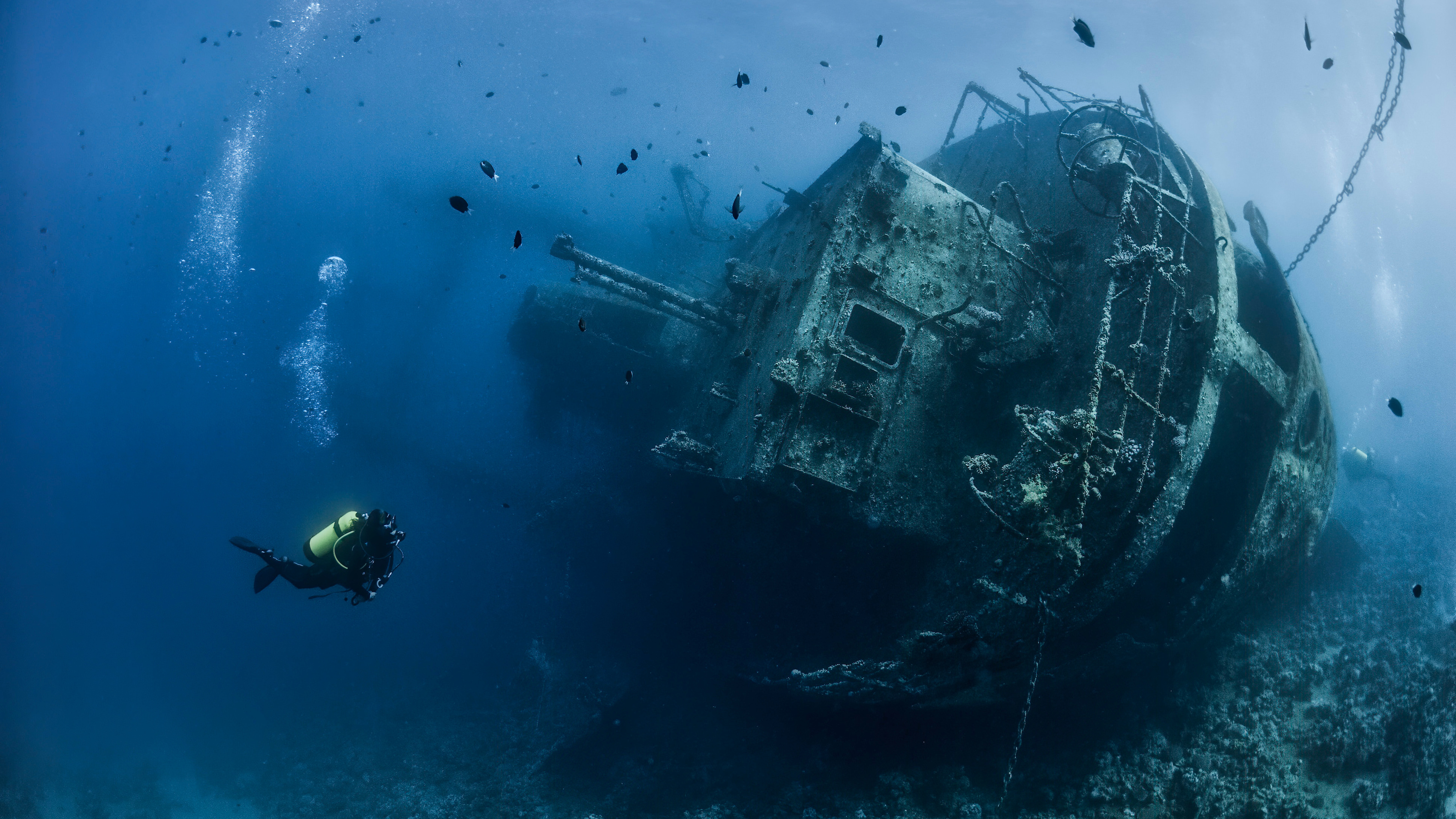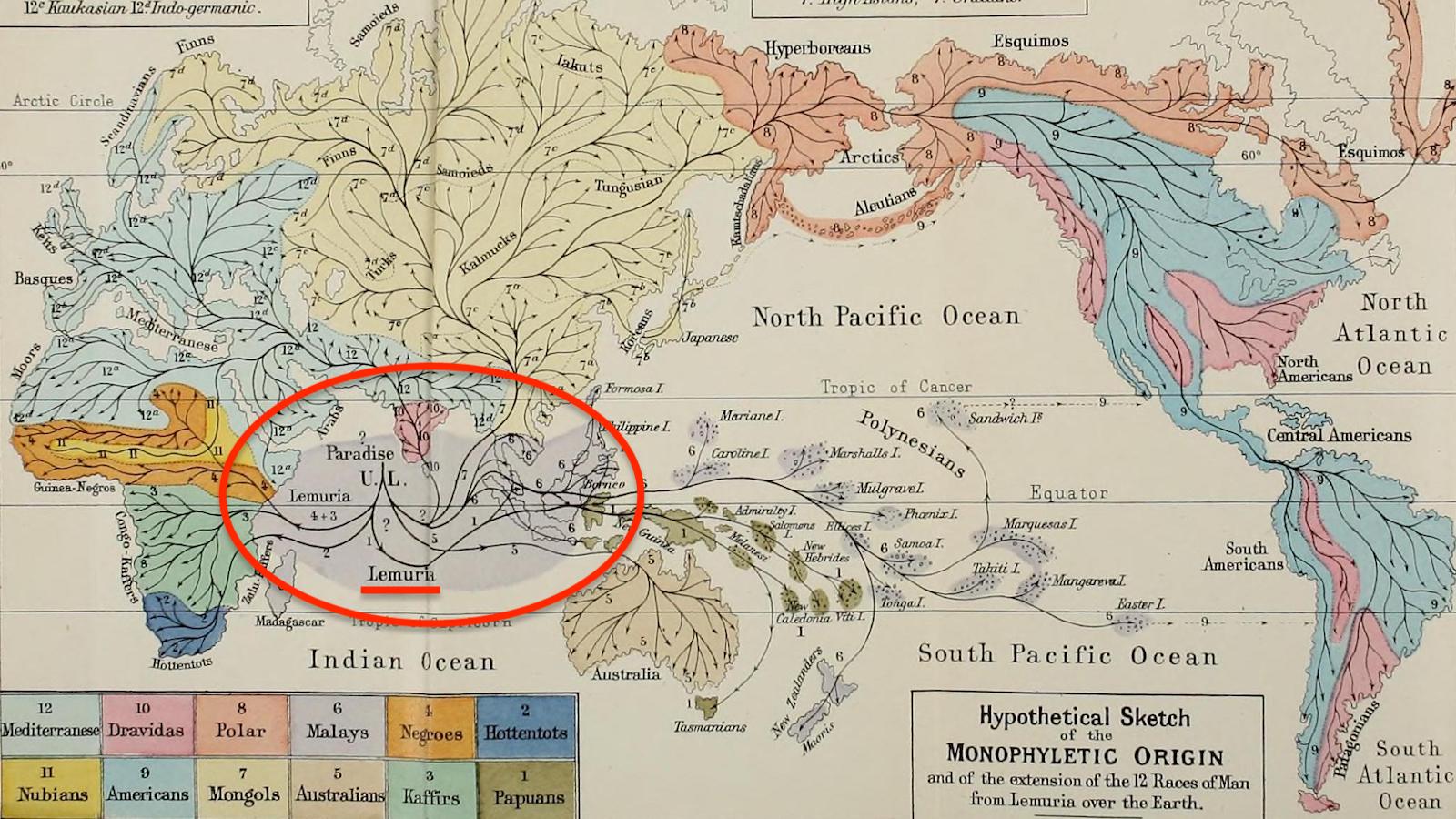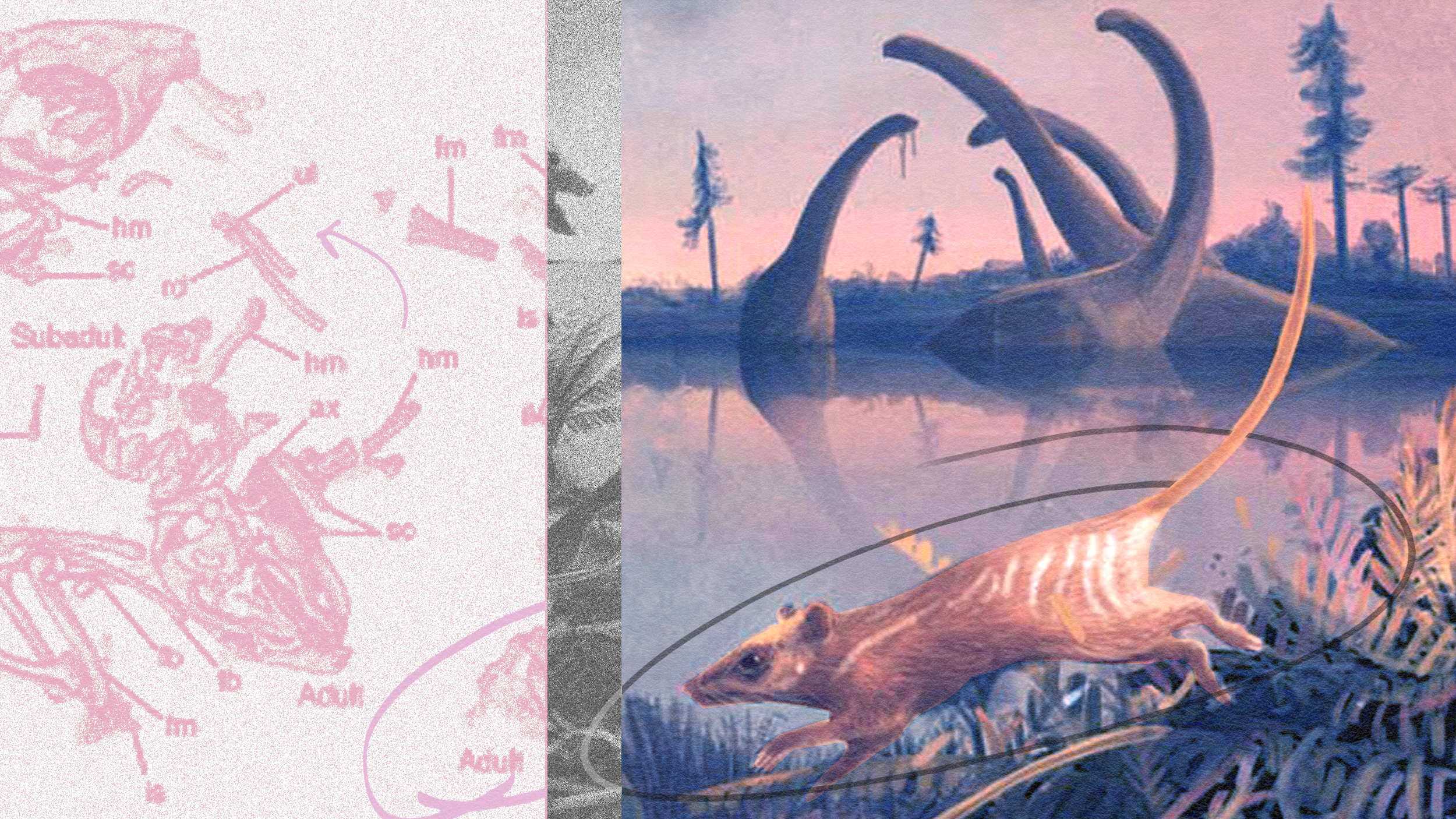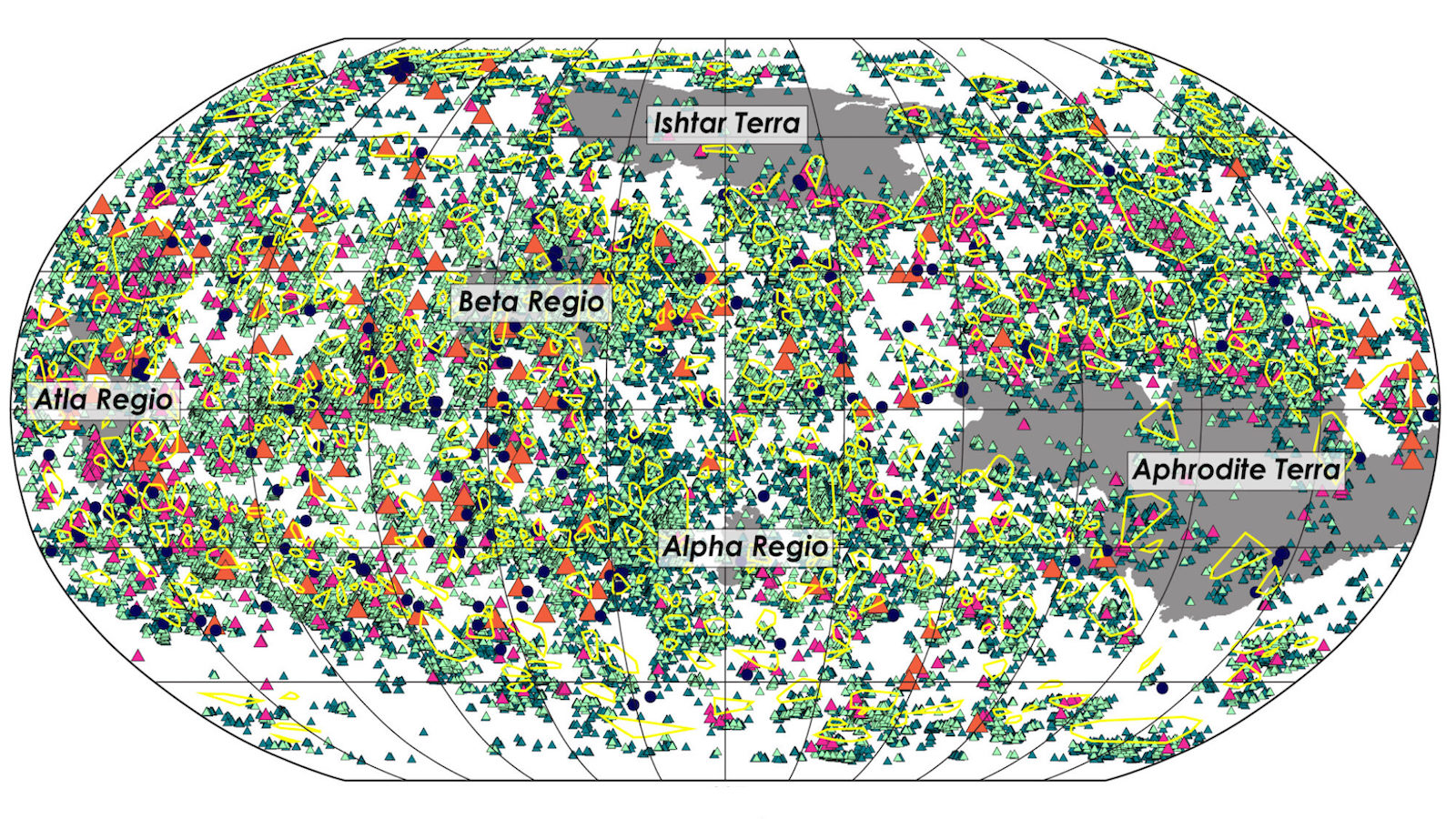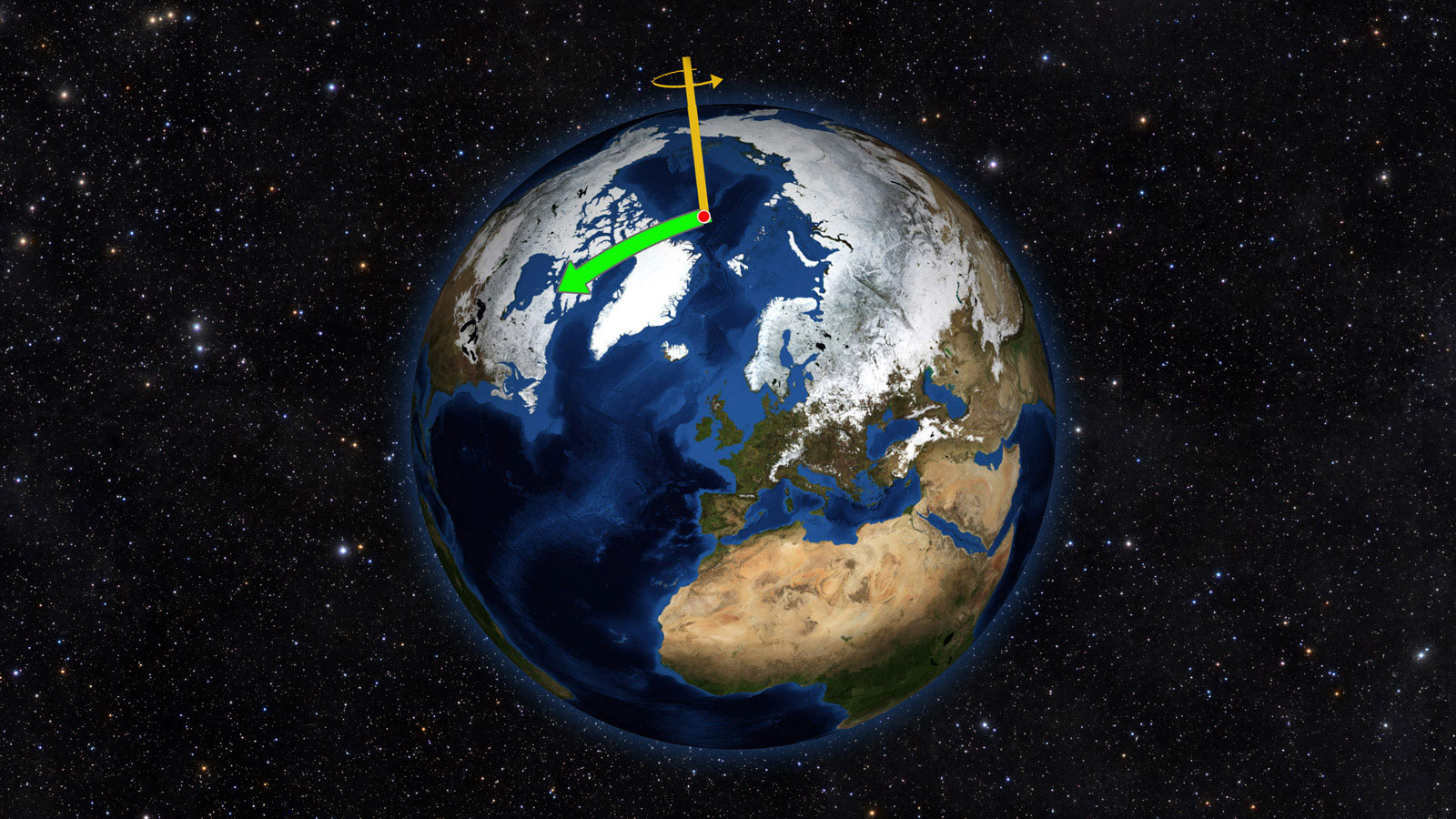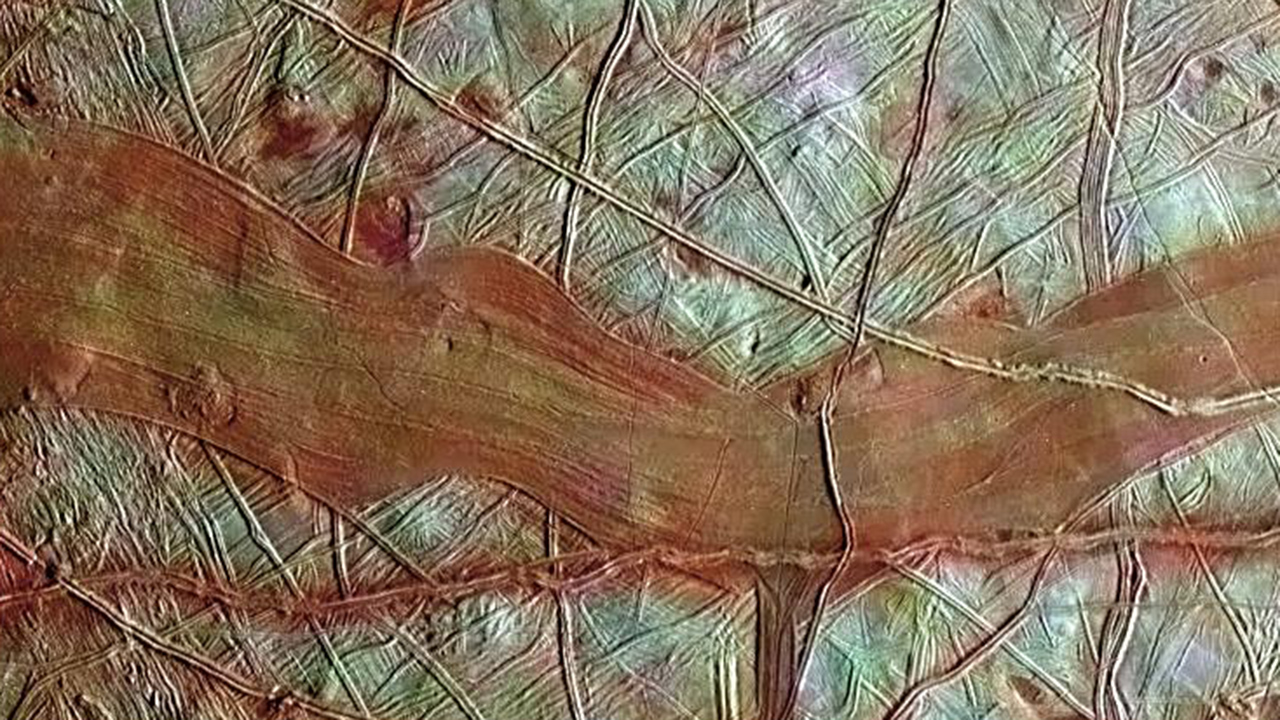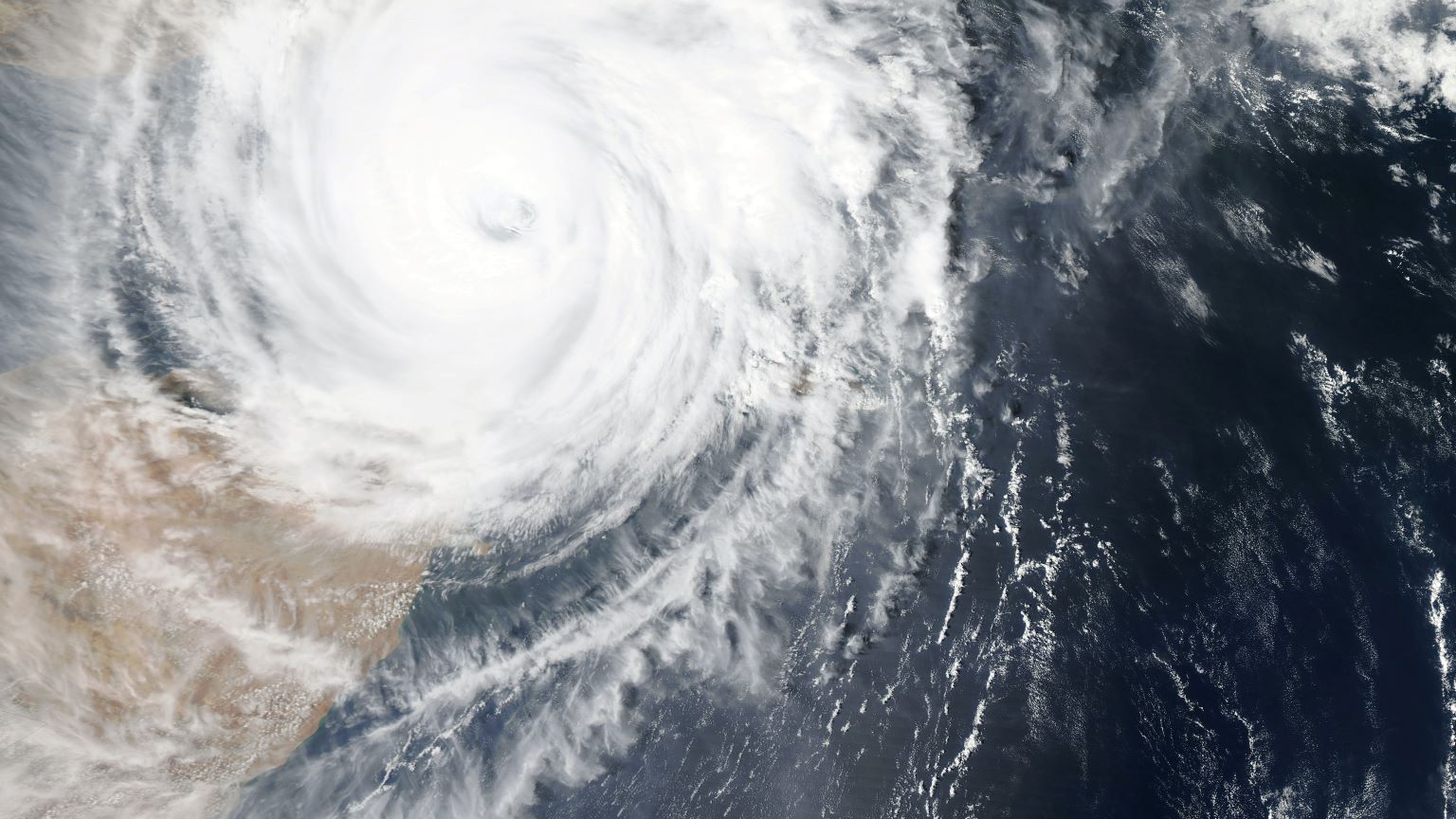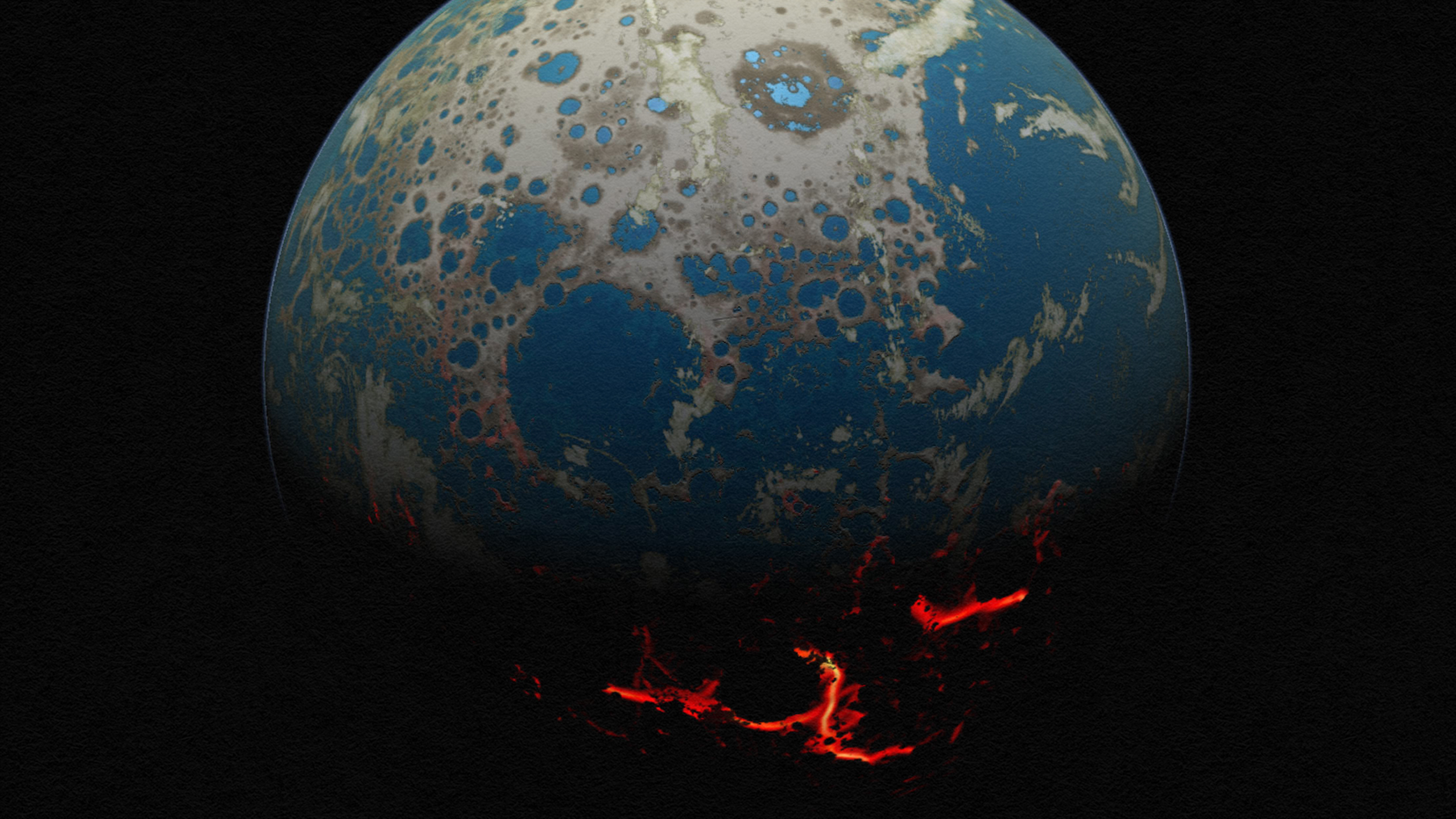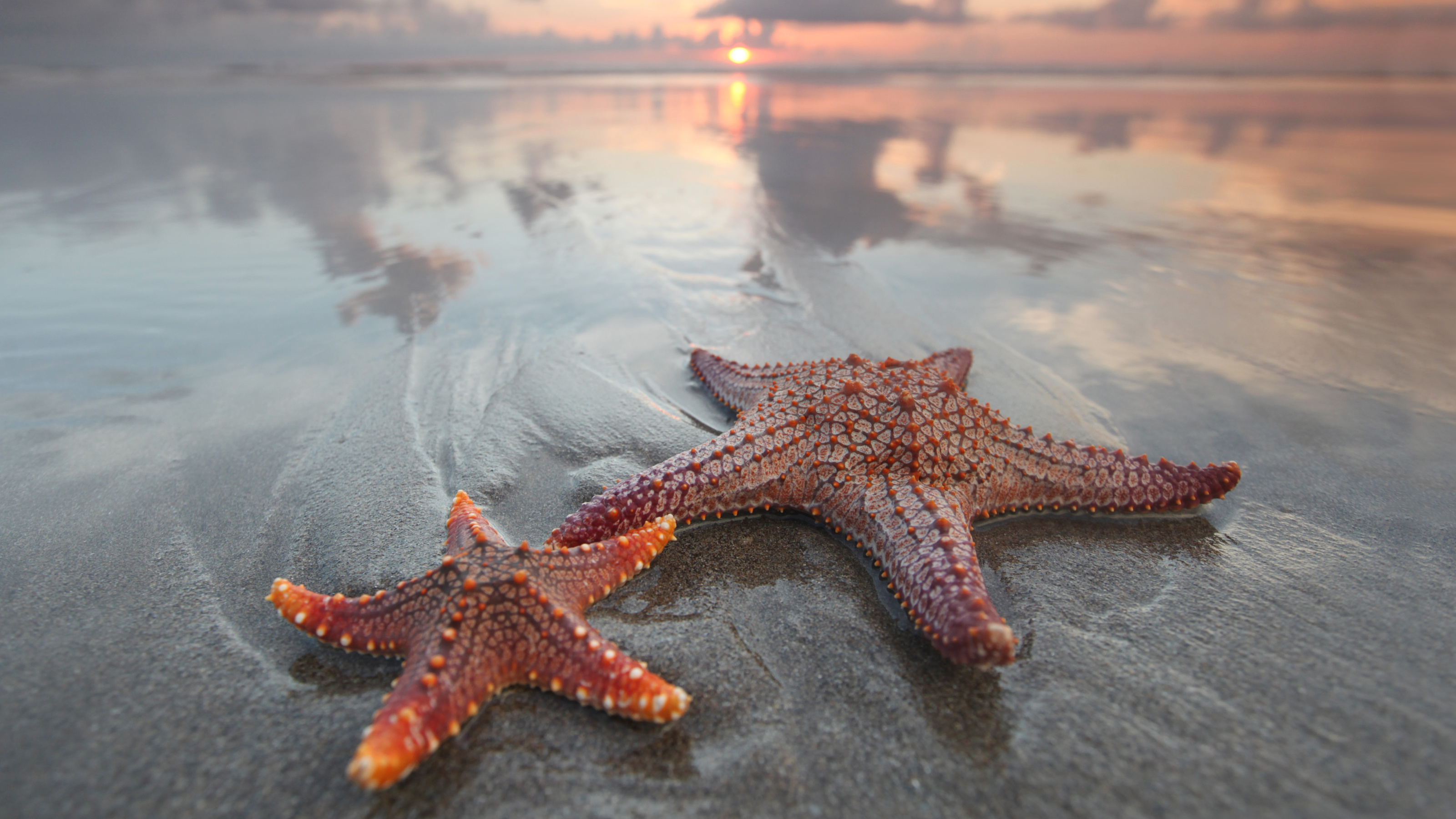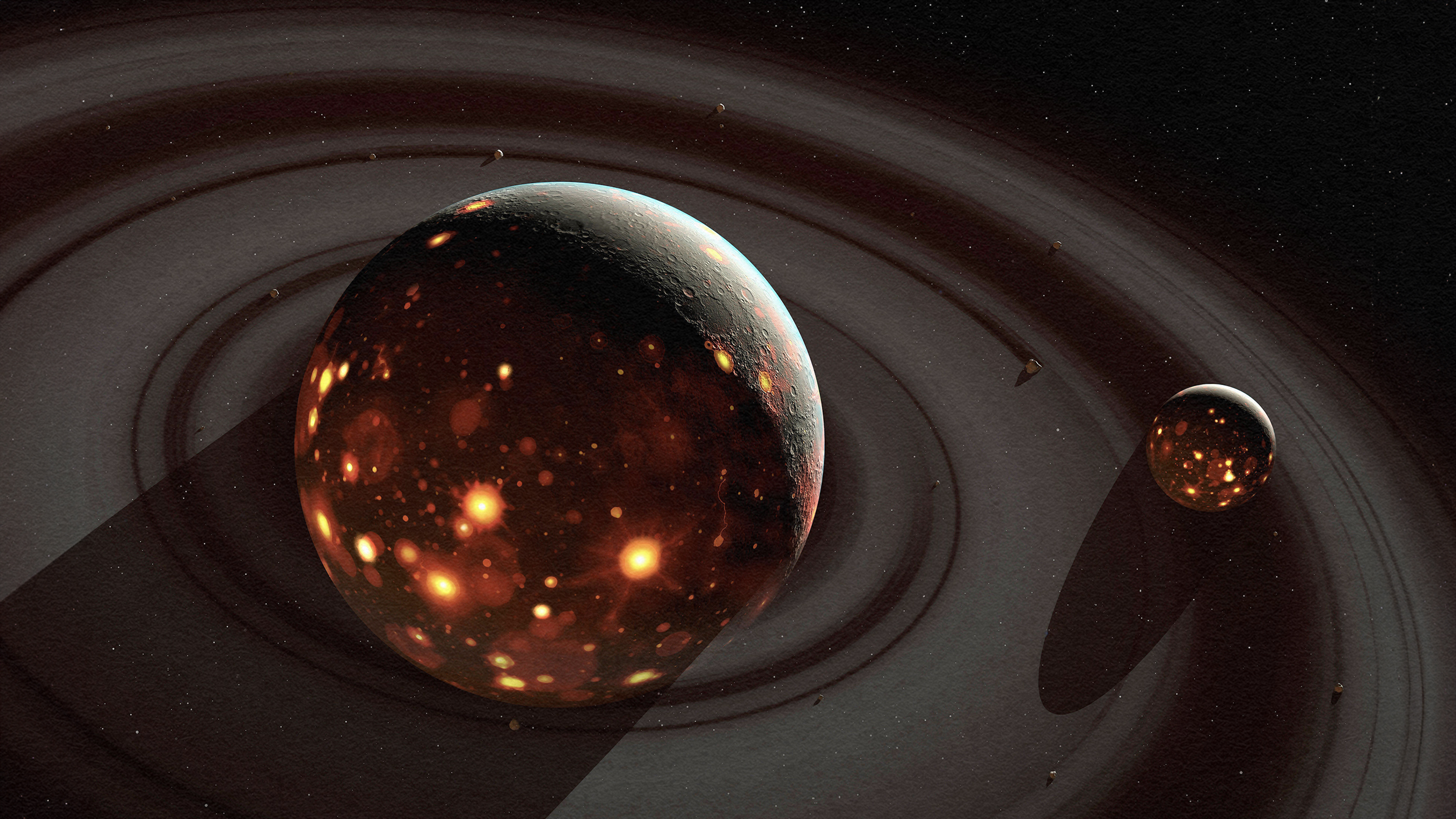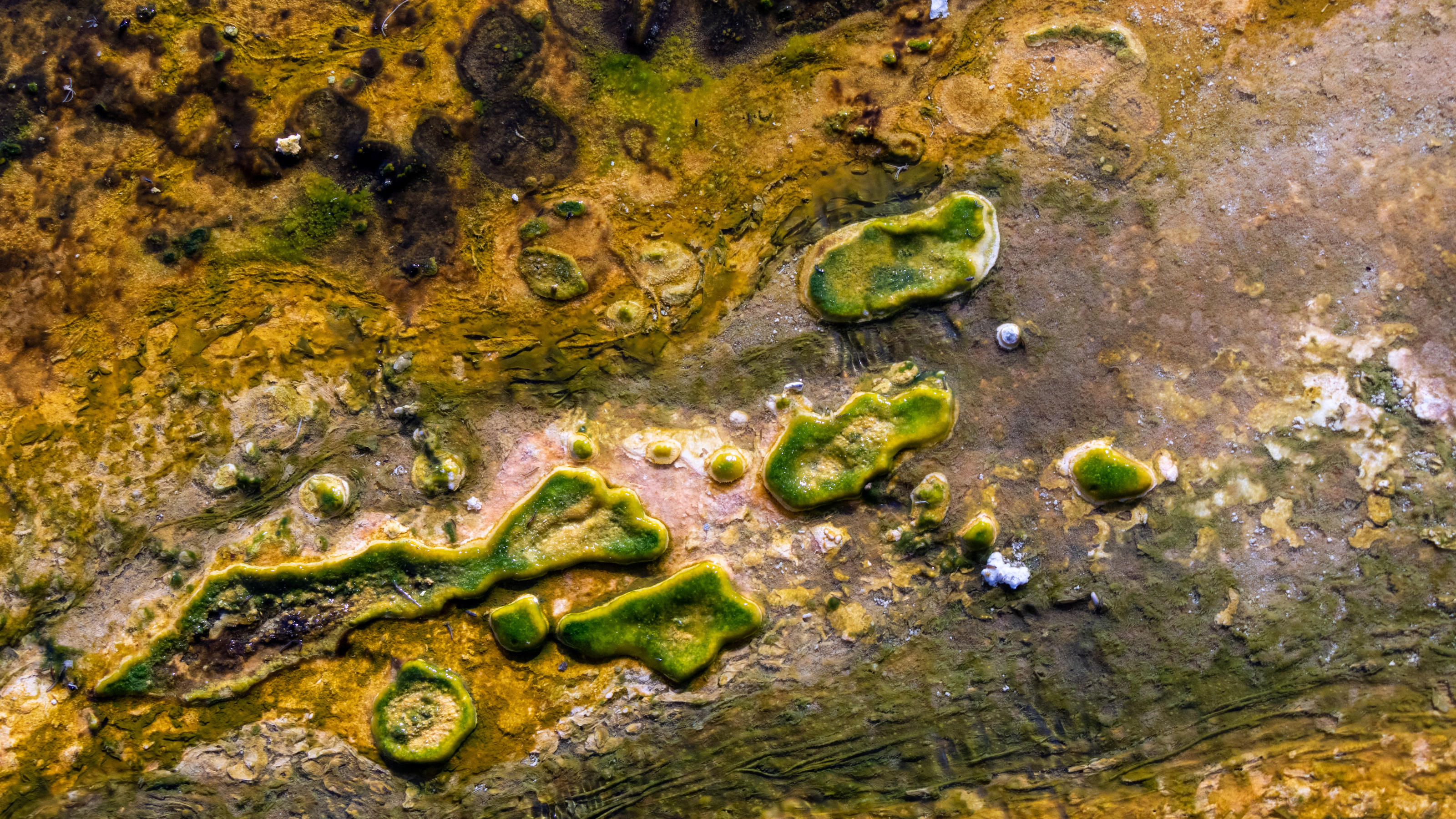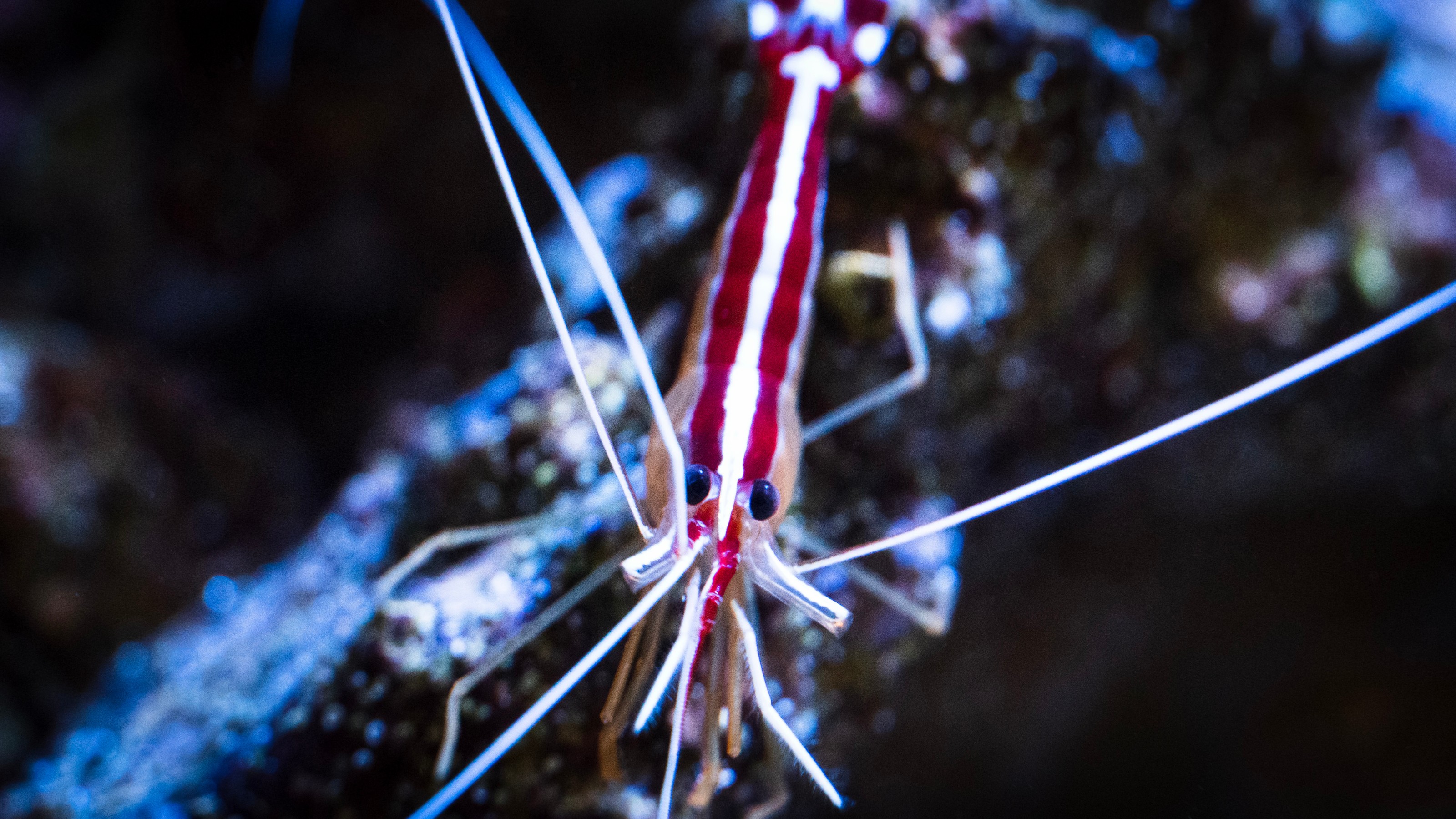The cycles of life all rely on the dynamism of the Earth's crust.
Search Results
You searched for: Ocean
Contrary to conventional wisdom, matter can escape the center of the Earth.
If there’s life lurking on the moons of Saturn and Jupiter, could our instruments even detect it?
Simple physics makes hauling vast ice chunks thousands of miles fiendishly difficult — but not impossible.
Mercury, Venus, and Mars are all uni-plate planets, and may always have been. Here's what's known about why Earth, uniquely, has plate tectonics.
The fear of deep bodies of water may be evolutionarily ingrained.
To this day, one cult believes that Lemuria was real, and that its people left us the sacred wisdom to revive their advanced civilization.
Although mammals may be the dominant form of life today, we're relative newcomers on planet Earth. Here's our place in natural history.
The sky is blue. The oceans are blue. While science can explain them both, the reasons for each are entirely different.
Mansa Musa, perhaps history's richest man, claims he ascended the throne of Mali after his predecessor sailed west and never came back. Could he have made it to the New World?
Like Mars today, Venus used to be a sci-fi superstar. Recent discoveries could re-ignite our interest in Earth’s “evil twin.”
Despite the enormous mass of the Earth, simply depleting our groundwater is changing our axial tilt. Simple Newtonian physics explains why.
There may be more energy in methane hydrates than in all the world’s oil, coal, and gas combined. It could be the perfect "bridge fuel" to a clean energy future.
It's a bird! It's a plane! It's a medieval airship!
Why can’t more rainwater be collected for the long, dry spring and summer when it’s needed?
The Black, Caspian, and Aral Seas are the last surviving fragments of a body of water that stretched from Austria to Turkmenistan.
Europa may be difficult to access. But if a recent study is correct, its subsurface ocean would be more accessible than previously thought.
Environmental progress is happening quickly but we must keep pushing for change.
At least one of Earth's creatures is able to survive the vacuum of space.
A marine scientist explains the threat of the Loop Current, a 800-pound gorilla of Gulf hurricane risks.
"Ghost gear" leads to hundreds of thousands of animal deaths.
Looking back on our planet's early history offers a new (and less crazy) meaning for the idea of a "flat Earth."
Scientists may have detected the somewhat smelly chemical dimethyl sulfide on a planet 120 light-years from Earth.
Our cosmic home, planet Earth, has been through a lot over the past 4.5 billion years. Here are some of its most spectacular changes
Bathybius haeckelii was briefly thought to be the link between inorganic matter and organic life.
Instead of giving the 239 suffering families and the public a true story, Netflix exploited a horrifying tragedy to push conspiracy theories.
The intensely white coloration of the shrimp is a remarkable feat of bioengineering.
Step back from the AI maelstrom and explore Lem’s "Summa Technologiae" for a detached look at technology’s role in human evolution.
Despite the vast number of planets in the Universe, Earth's specific evolutionary history guarantees that its life forms — including humans — are utterly unique.
